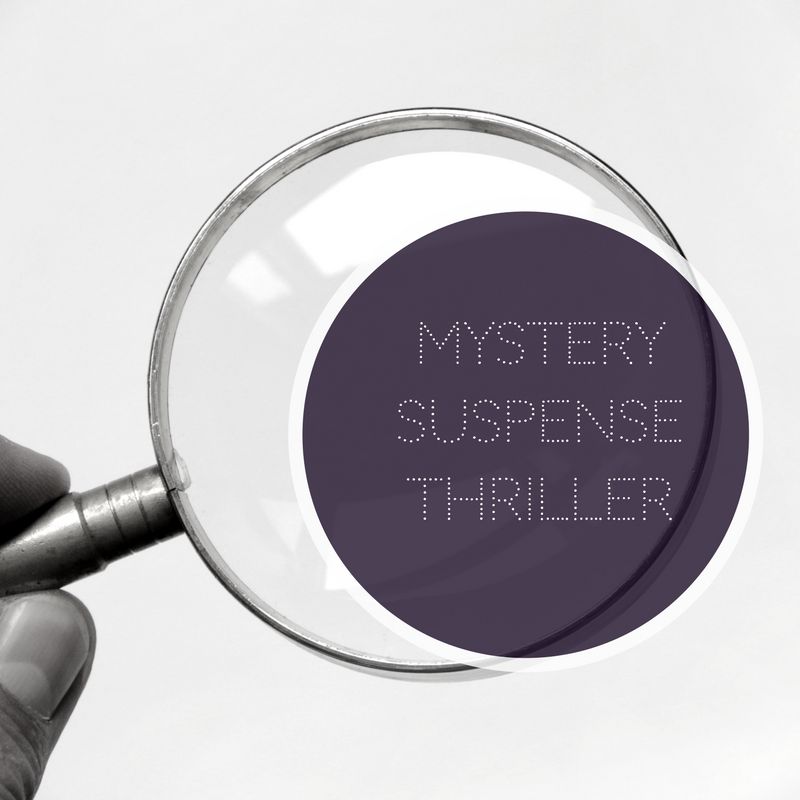What is dramatic tension? Merriam-Webster states dramatic is “sudden and extreme, greatly affecting people’s emotions” and defines Tension as an “inner striving, unrest, or imbalance, often with a physiological indication of emotion or a state of latent hostility or opposition between individuals or groups.”
Put them together and you have “a sudden or extreme unrest which increases emotions, hostility, or opposition between individuals.” Talk about a page-turner. Setting characters up with this type of tension will keep readers engaged.
We could also describe it as a sudden conflict or unexpected change that blocks the character from his mental or physical goals, causing fear, stress, tension, or anger toward others or within oneself.
Dramatic action comes by blocking the goal or task at hand, disagreements or distrust between characters, a shocking, unexpected revelation, or by ramping up the element of surprise.
A myriad of scenarios can cause tension, as in these examples.
1. The hero or heroine mysteriously disappears and causes a sudden fear of the unknown.
2. An unexpected intrusion of a villain creeping through the house or an attack increases tension.
3. Rain turns to ice, making roads impassable amid a hostage situation or a high-speed chase increases frustration and blocks the character’s goal.
4. The hero assumes he’s in control of a situation, but learns he isn’t. His anger skyrockets.
5. Someone’s chasing your heroine, and she finds herself at the edge of a cliff. Does she jump and risk death or find another way of escape?
6. Answering the phone in the middle of the night. The caller breathes heavily, saying nothing or states in an eerie voice that he’s watching you.
7. A sharp knife pressing against your hero’s throat could cost him his life. How will he escape unscathed?
Give the reader a sense of trouble. Build the tension by upping the stakes and putting your characters in unexpected circumstances. The best scenes come about when every decision your character makes is bad. Whatever he does will cost him something.
Dialogue is a good way to show the emotional element and expose the internal conflict. What’s going on inside your character’s head during this intense situation? Some inner thoughts spill out in a heated discussion. Ramping up the drama and maintaining unresolved tension keeps readers intrigued.
Using the five senses is another great way to intensify dramatic tension. The smell of rubber burning, a sour taste of clabbered milk, the sound of a growl close by or a shot fired, seeing a shadow slip passed the window when you’re home alone, or touching the gooey slime on the cold doorknob.
Anytime one or more of these senses enters the picture, readers relate to what your character experiences. They keep turning the page until the risks subside and their desire for an acceptable end is in sight.

Loretta Eidson writes romantic suspense. She has won and been a finalist in several writing contests, including first place in romantic suspense in the Foundations Awards at the 2018 Blue Ridge Mountain Christian Writers Conference, a finalist in ACFW’s 2018 Genesis, was a finalist in the 2018 Fabulous Five, and a double finalist in the 2017 Daphne du Maurier Award for Excellence.
Loretta lives in North Mississippi with her husband Kenneth, a retired Memphis Police Captain. She loves salted caramel lava cake, dark chocolate, and caramel Frappuccinos.
Visit her:
- Website: lorettaeidson.com
- Facebok: loretta.eidson.7
